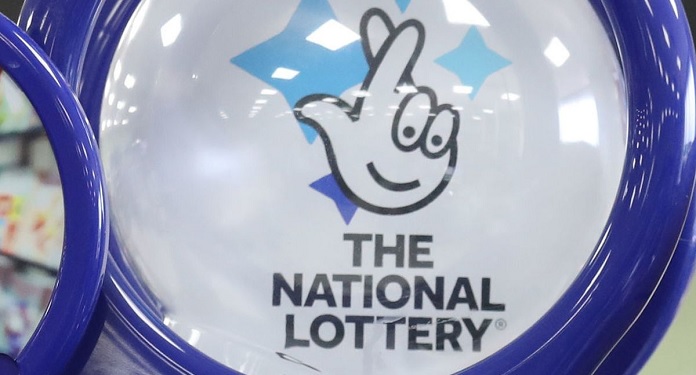Camelot raised its second-largest ever sum for charity, despite a £283m ($347m) drop in sales for the 2021/22 financial year.
Amid an ongoing dispute over the decision to grant Allwyn the fourth National Lottery license, Camelot has published its results for the 12 months ending March 31, 2022.
More than £1.9bn, including unclaimed prizes, was raised for good causes, an increase of approximately £24m on last year. However, the operator also saw a 3% drop in betting sales, which fell from £8.3bn to £8bn.
The operator mainly attributed this decline to a decrease in National Lottery instant game sales, which were down £240m from the previous year. But sweepstakes-based games, while performing better, also saw a decline in sales, experiencing a reduction of £43.2m.
Camelot said this decrease is largely due to “increased competition for people’s attention and spending following the easing of Covid-19 restrictions”, along with “increasing economic uncertainty”.
Consumers saved on games to deal with the rising cost of living impacting Camelot’s performance. Scratch card sales remained below pre-pandemic levels, while in-store sales fell from £4.9bn to £4.7bn.
Camelot CEO remains confident in business recovery potential
Camelot CEO Nigel Railton remains confident: “My 1,000 Camelot colleagues and I are incredibly proud of what we have built: a strong and resilient business and a huge UK brand that brilliantly connects the National Lottery’s unique purpose with the game”.
Railton concluded: “In the year ahead, we will continue to invest and innovate to respond to the changing consumer environment, as we all care deeply about the future of the National Lottery – and the vital difference it continues to make across the UK.”




